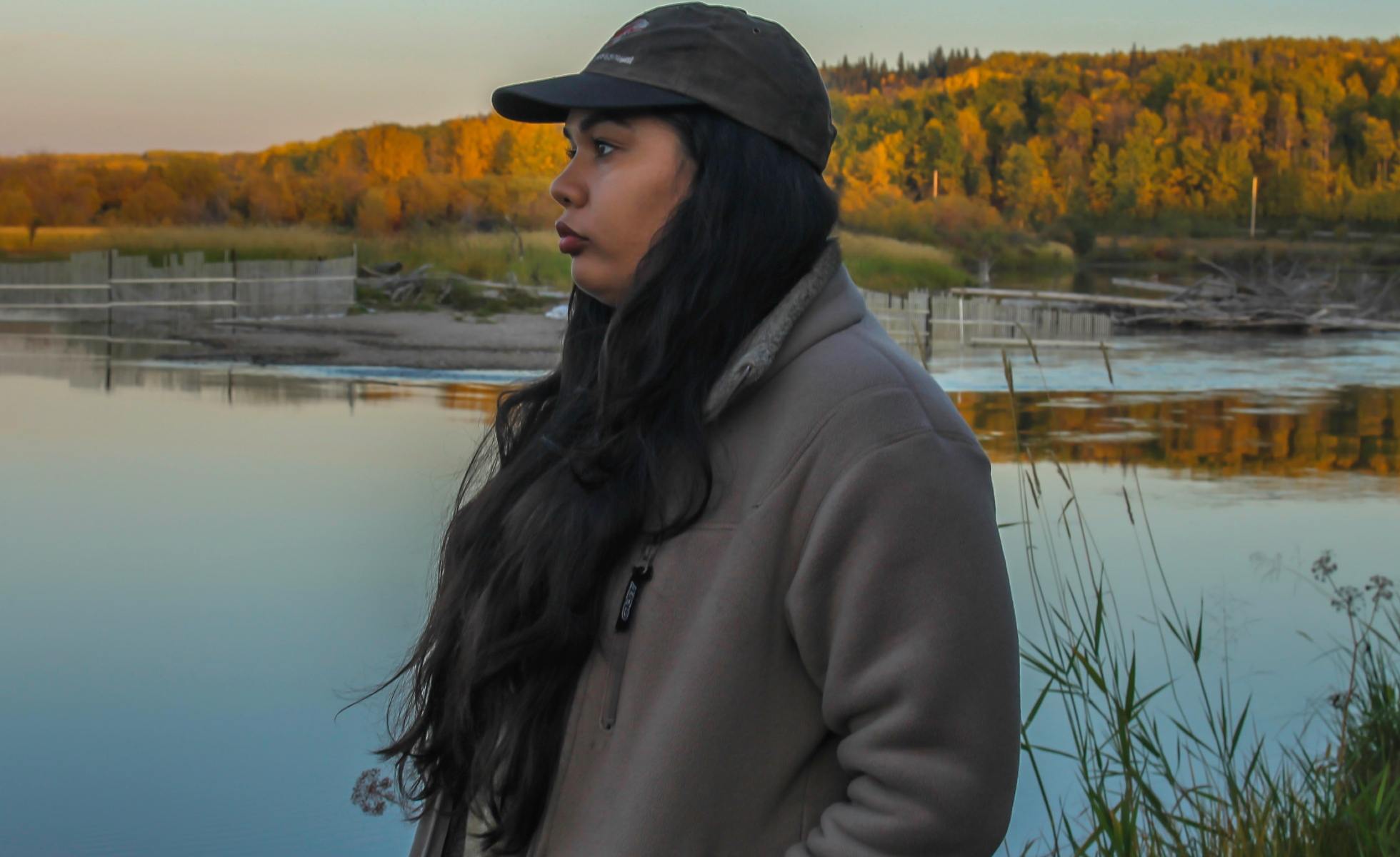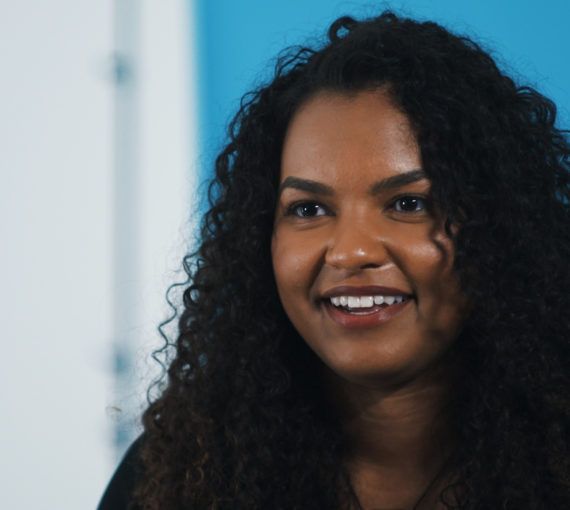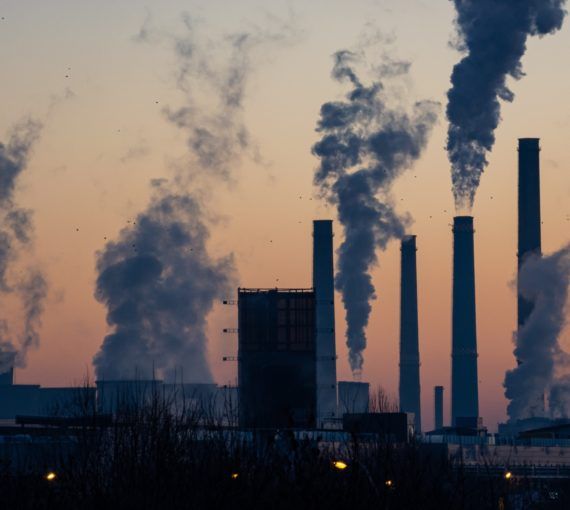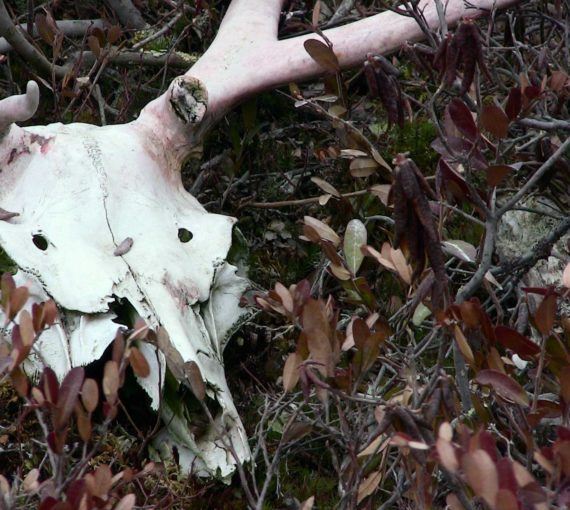Last year, the youth climate movement inspired by Greta Thunberg mobilized millions of people worldwide. Their message was clear: Young people are concerned about the world they are inheriting and want older generations to act. When TIME magazine named her Person of the Year for 2019, Thunberg said, “I’d like to tell my grandchildren that we did everything we could. And we did it for them — for the generations to come.”
The reminder to think of future generations isn’t new to Indigenous people. The Haudenosaunee seventh-generation principle states that decisions we make today should result in a sustainable world seven generations into the future. An Olaga-Sioux quote affirms the same: “We do not inherit the Earth from our ancestors. We borrow it from our children.”
I am a young Afro-Indigenous person who grew up in Stellaquo, a Dakelh community in the Northern Interior of so-called British Columbia. My traditional teachings, language and history all demonstrate that, as Dakelh people, we do not see ourselves as separate from the environment. Pre-contact, we were semi-nomadic and held vast ecological knowledge critical to surviving the elements of the four distinct seasons.
I understand how hard my ancestors had to work to survive and thrive in our territory. If they had been shortsighted, it would have made sense to hoard resources to ensure individual survival. However, they understood they were part of a cycle and knew to only take what they needed to make sure future generations would have enough. Rather than focusing on thriving as individuals, they built their systems and customs on community care. Our leaders were not measured by their wealth and power but by how they settled community disputes and maintained resources for generations to come.
Indigenous people have been stewarding lands and waterways for millennia and hold ecological knowledge that is essential to mitigating the challenges we face from environmental destruction and the climate crisis.
Indigenous people have been stewarding lands and waterways for millennia and hold ecological knowledge that is essential to mitigating the challenges we face from environmental destruction and the climate crisis. They are also disproportionately experiencing the consequences of these challenges today.
In Stellaquo, high levels of arsenic in our waterways are suspected to have come from mining pollution. Until last year, the community spent 20 years relying on bottled drinking water because arsenic cannot be boiled away. Pollution from mining operations and disruption of natural river flow by nearby dams have also affected the community’s ability to fish the surrounding waterways. Despite being a small community, we have high rates of cancer and additional health problems likely due to pollutant bioaccumulation.
This is only one of many examples of environmental racism in Canada. Indigenous, Black and other racialized communities face greater consequences from industrial projects such as oil refineries, chemical plants and open net-pen fish farms.
…we must also think about how we look at ourselves and each other in the eye today.
The problem of environmental racism has been highlighted this year by the Black Lives Matter movement and calls for racial justice. Now, we must not only think about how we will look our grandchildren in the eye one day, but we must also think about how we look at ourselves and each other in the eye today.
For environmentalists, that means admitting that the lack of diversity and inclusivity in the movement has limited our success. The movement in Canada has historically ignored environmental racism and, in doing so, sacrificed the lives and well-being of the very people holding ecological knowledge necessary to our survival.
I think about what I will be able to tell my grandchildren one day. I do not need to look into the future to see the impacts of the climate crisis. It is here, and we need to be able to face each other, rise to present-day challenges and do everything we can to redress the systemic, racial inequities that we have ignored for too long.
By following the lead of the youth movement and centring Black and Indigenous voices, we will ensure we are doing all we can for future generations. Let us continue to look to the future, but no longer ignore the suffering of today.
This op-ed was originally published in the Vanderhoof Omineca Express



